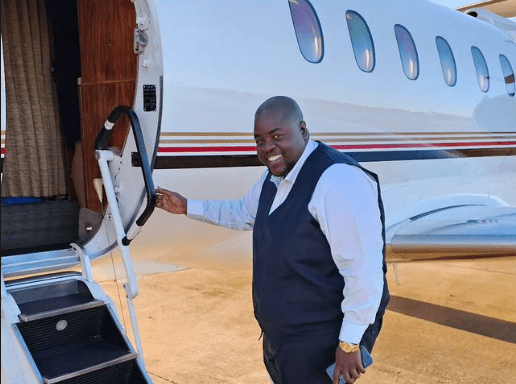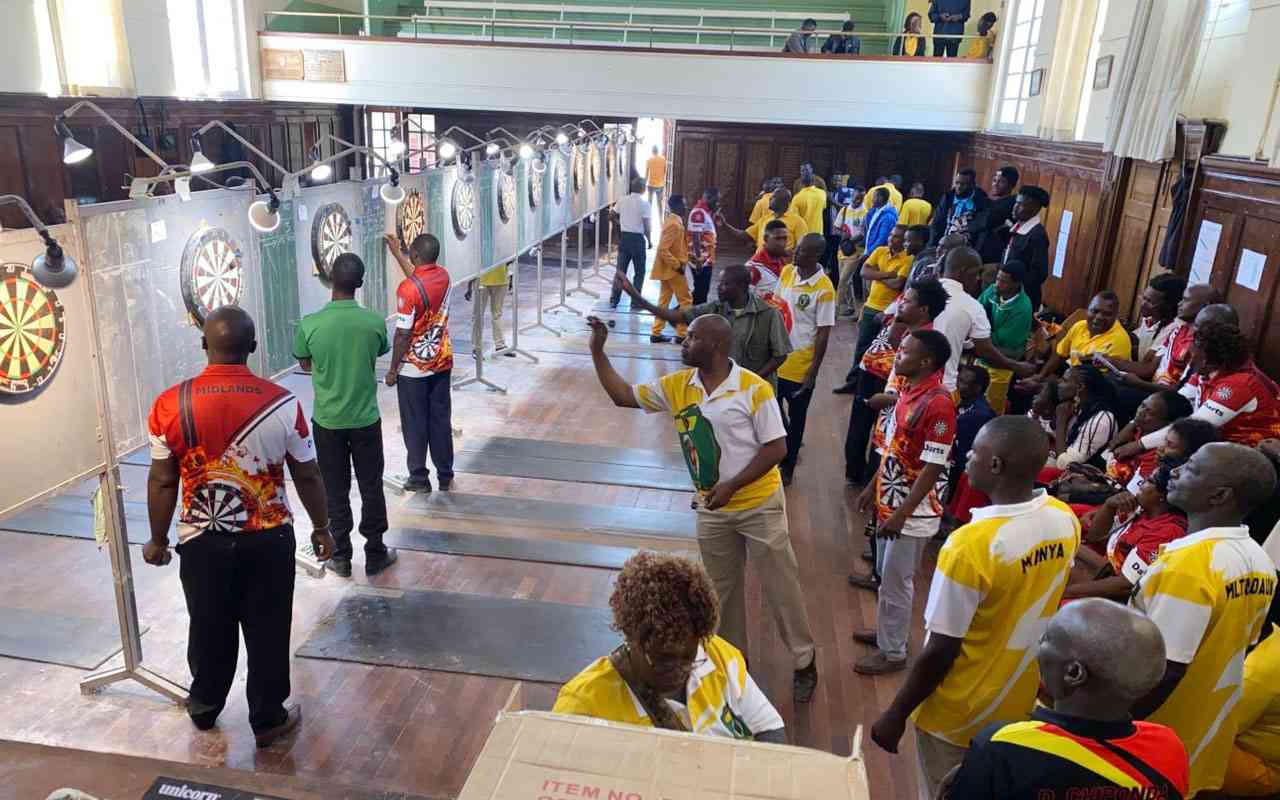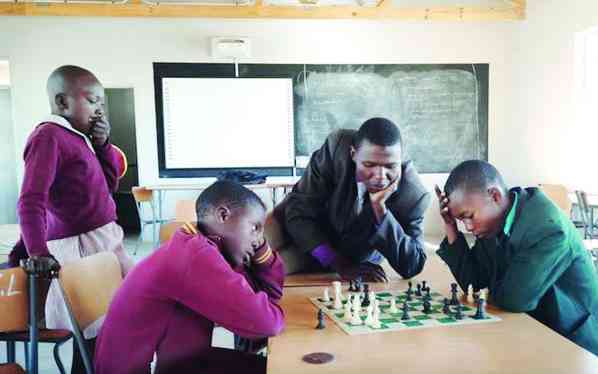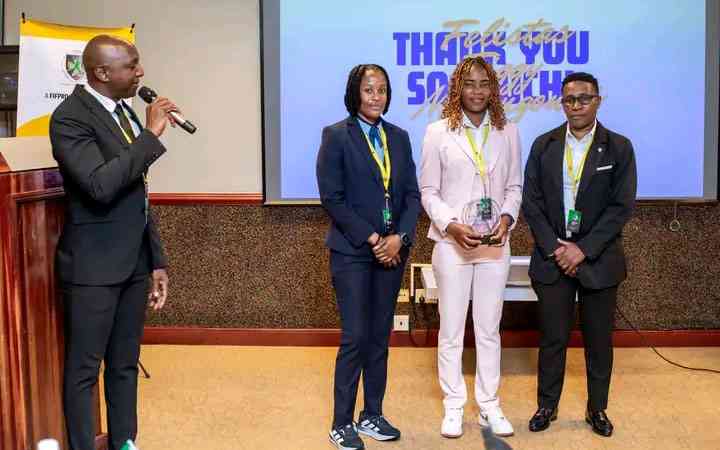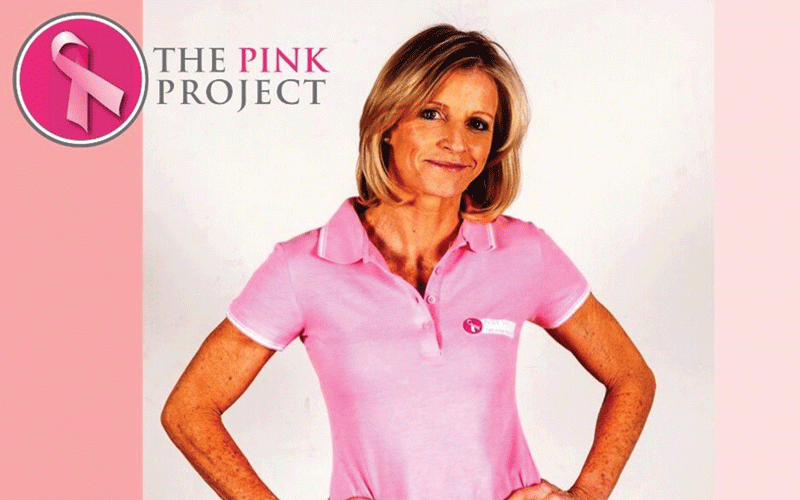
ZIMBABWE'S two-time Olympian and three-time African Judo Champion, Debi Jeans is surprisingly calm when talking about her struggles with breast cancer as she reaches and celebrates her 10-year-remission anniversary.
Talk of cancer is often dreadful, many shudder to think of it, let alone living with it for 10 years. However, Jeans, a former Judo Association of Zimbabwe (JAZ) president, has come to embrace cancer as a constant companion rather than a death sentence .
“I actually look at my breast cancer as a friend and great "personal trainer" because I am constantly reminded and held accountable for daily exercise, eating real, healthy food. Cancer needs sugar, refined carbs (bread, biscuits, cereals, anything made with flour) and fast food (processed seed oils) to survive and thrive. I have done and continue to avoid all of the above for nearly 10 years. This not only reduces my risk of recurrence, but I have never felt healthier! I also do my best to manage stress as much as possible,” Jeans told Standard Sport.
October 26, ironically, the internationally recognised cancer month, will mark 10 years since being told she had cancer.
“When diagnosed, my first reaction like everybody was disbelief and shock. And although I’m married to a doctor (Austin Jeans), the next steps were very unclear; where to go, what to do, who to call, what to think.
“It actually happened the day before the Pink Triathlon, can you believe it? This is an annual event we normally organised with Triathlon Zimbabwe as my mum (Pat Warren, former JAZ president) had breast cancer almost 20 years before my own. She continues to be an inspiration to me as she took her health seriously and at 86-years-old, remains fit, healthy, vibrant and very active.
“The irony was not lost on me that first I got my diagnosis in October (pink month). Secondly, I received my diagnosis late morning on the Saturday before the scheduled Pink Triathlon. Austin and I left the surgeon’s office in a state of shock, and made our way to Mt Pleasant Pool grateful that we had something to do as we set up for the event. Afterwards we went home to try and absorb what had just happened and what we were going to do.”
The 59-year-old fitness professional is eternally grateful to a personal friend (nurse) who visited them that afternoon in her capacity as a patient consultant, then working for an international medical aid insurance company.
- Japanese agency donates judo kit to Zim
- Ex-Olympian shares decade-long breast cancer journey
Keep Reading
“She advised us that whilst we were free to follow the local route / treatment plan, she highly recommended patients go to a specialised clinic in South Africa. "Long story short, I am of the opinion that there is a big gap for patients and their significant others, between having a diagnosis and not knowing what to do next. They tend to just follow their health provider's lead without really thinking about it.
“We should at the very least get a second opinion, explore evidence-based options, talk to other people and take control of their situation. The doctor should be a partner when making informed decisions.”
A veteran of the 1988 Seoul, South Korea Olympics and Barcelona, Spain 1992, Jeans was diagnosed with stage two lobular cancer in one breast after feeling two small pearl-like lumps. As there was a significant risk of it spreading to the other breast, she had a double mastectomy with reconstruction.
“I was very lucky that I had surgery and did not need chemo or radiotherapy. I was put on a hormone blocker for five years with very few side effects (which she attributes to good lifestyle habits)," she added.
“My attitude is such that I just deal with what is. I think there’s a lot to be said for keeping yourself fit because you never know when life might throw you a curved ball. "It just gives you a much better chance of dealing with, and doing well with whatever happens.”
Debi's strategy is staying positive, being proactive in her lifestyle choices and maintaining the faith.
“I believe the narrative we use when talking about cancer is wrong, certainly for me. We should not be talking about battles and fighting cancer. This creates fear, resistance and a constant "at war" mentality. New international treatment protocols using integrated oncology where lifestyle medicine is combined with conventional standards of treatment shows remarkable results in terms of treatment outcomes and quality of life," Jeans said.
“Although I’m a two-time Olympian and three-time African Judo champion, I was metabolically very sick, eating processed, sweet, junk food. As athletes we were taught, and I think still today, that we need carbohydrates and sugar for energy. We now know that is not true and elite athletes are embracing low carb, real food diets for peak performance.
“In retrospect, I wonder not why did I get cancer but rather, how did I not get cancer !? It’s very important to step back, take a deep breath and understand factors that perhaps contributed to our cancer situation and things we can do to change the way forward.
Debi believes that the best prevention is not early detection. The best prevention is prevention.
At the beginning of her cancer journey, on the wall of the café at Milpark Hospital is a quote by Arthur Rubinstein that Jeans remembers vividly.
"I have found that if you love life, it will love you back."

